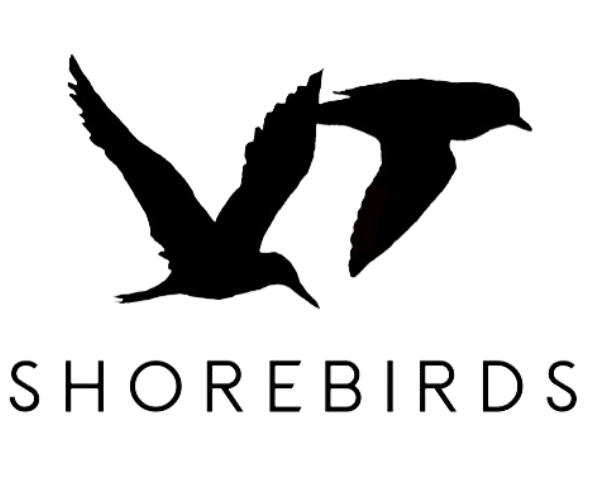Our Vision
Applied Conservation Research
The Virginia Tech Shorebird Program is a consortium of conservation biologists in the Virginia Tech Department of Fish and Wildlife Conservation. Although our biologists have a variety of interests, we share a common goal of conservation of coastal wildlife resources through transformational research. We work closely with managers and stakeholders to provide research that is timely and pertinent to management. The VT Shorebird Program began in 1985 with a study of piping plovers on the coasts of Virginia and Maryland. Since that time, our biologists have worked up and down the Atlantic and Gulf coasts, along the shores of prairie rivers and lakes, and internationally in the Bahamas, Canada, and China, promoting the conservation of seabirds and shorebirds through research. We have work with a variety of species of shorebird and waterbird, including piping plovers, least terns, snowy plovers, killdeer, spotted sandpipers, red knots, sanderlings, Wilson’s plovers, semipalmated plovers, American Oystercatchers, laughing gulls, royal terns, sandwich terns, common terns, gull-billed terns, roseate terns, and black skimmers in an effort to conserve our coastlines and the animals that depend on it.
Black skimmer chicks We mark young birds to monitor their survival prior to their first flight. These studies help us provide timely recommendations for our federal, state, and NGO partners charged with managing these species.
